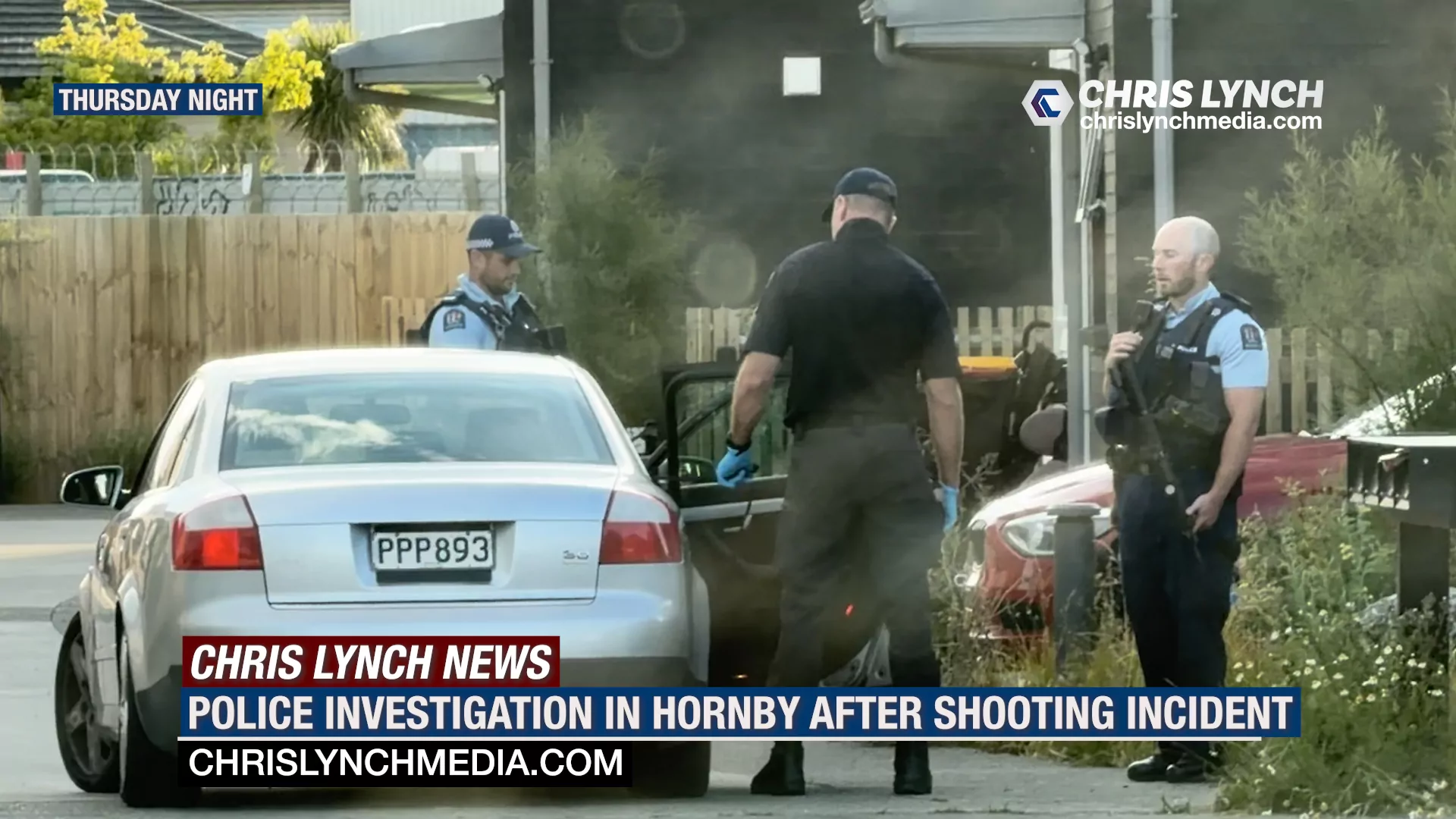Escaped youth tracked by Eagle helicopter, found hiding in New Brighton
The young person who escaped from a youth justice facility in Rolleston has been located...
Two of Christchurch’s longest-serving retirement villages are set to close their care facilities within four months, leaving staff shocked.
Ryman Healthcare confirmed to chrislynchmedia.com care services will cease at Woodcote Retirement Village in Hornby and Margaret Stoddart Retirement Village in Riccarton.
There are currently 40 care residents at Margaret Stoddart and 39 at Woodcote.
The decision applies only to the closure of rest home care. Independent living residents will remain on site and retain access to existing services and care support at nearby villages, the company said.
Ryman Healthcare chief executive Naomi James told chrislynchmedia.com “over the next four months, care residents at Ryman’s Woodcote and Margaret Stoddart villages will be supported to relocate to Kevin Hickman Village or, if they prefer, another Ryman site in Christchurch.”
James said the opening of Kevin Hickman Village presented an opportunity to provide residents with access to modern living and enhanced care.
“While the existing care facilities at Woodcote and Margaret Stoddart have served residents well, they are now more than 30 years old and no longer meet the standard of accommodation and experience we promise our residents and their families.
“The facilities are also limited in that they offer only one level of care, restricting the continuity of care that many residents now expect and need.
“That’s why we’ve made the difficult but necessary decision to close rest home care at Woodcote and Margaret Stoddart so we can ensure our residents receive the very best.”
Affected care residents and their families are being offered priority transfers to nearby villages, including Kevin Hickman Village, at no additional cost.
“The moves will take place over the coming four months and will be carefully managed with each resident and their family.
“Our focus is on ensuring that each resident has a smooth transition into a new home that offers enhanced facilities, more care options, and the comfort and dignity they deserve.
“We value our team members and will be working with them to identify opportunities for redeployment to one of our other Ryman facilities. We will be consulting with them on the detail.”
The care centre at Kevin Hickman Village offers a full range of care options including rest home care, hospital care, dementia care, respite care, and day care.
A close source told Chris Lynch Media the move blindsided many residents and staff.
“Staff have been told they’re closing and staff are losing their jobs, and the residents will all have to find somewhere else to live,” the source said. “It’s a total upheaval for the residents. It’s awful. It is absolutely awful.”
The source said the decision stemmed from internal financial pressures at Ryman Healthcare.
Age Care sector in crisis
The closures are the latest example of a broader shift in the aged care sector, according to Aged Care Association Chief Executive Tracey Martin.
She said the changes coincide with the opening of the new Kevin Hickman Retirement Village, which includes 80 new care beds and 60 serviced apartments.
Martin said the move reflects a nationwide trend toward modern, premium facilities that many elderly New Zealanders simply cannot afford.
“We’re seeing a transition to new facilities that carry a premium or an aura, and that’s been a move across the country in the last five years,” she said.
“The funding model for residential aged care is so low, it just doesn’t cover the cost of clinical care.”
Martin said the financial pressure is being felt not just by large operators like Ryman, but by the entire sector.
“Sixty percent of aged care providers in this country are actually charities, not-for-profits, and small owner-operators. They’re all affected by the same underfunded model,” she said.
She warned that the government has relied too heavily on private providers to cross-subsidise its responsibilities, creating an unsustainable system.
“Unless the government thinks it’s okay to ask businesses to subsidise their responsibilities around clinical care for their citizens, this is what is going to continue to happen across New Zealand.”
Martin said the closures are not isolated, but part of a growing equity issue in aged care, made worse by the ageing population.
“According to the Retirement Commission, 60 percent of over-65s are living on Super or just above it. They can’t afford to go into premium villages. Only the top 40 percent with money above the asset and income thresholds can access these facilities.”
She said if care beds become increasingly concentrated in high-cost settings, vulnerable older New Zealanders will be left behind.
“There are solutions, but the government needs to act. That includes changing funding levels, adjusting asset and income thresholds, and supporting in-home care, because more people want to stay at home as they age,” she said.
“We’ve got to face it. The time was yesterday. But now is good too.”


